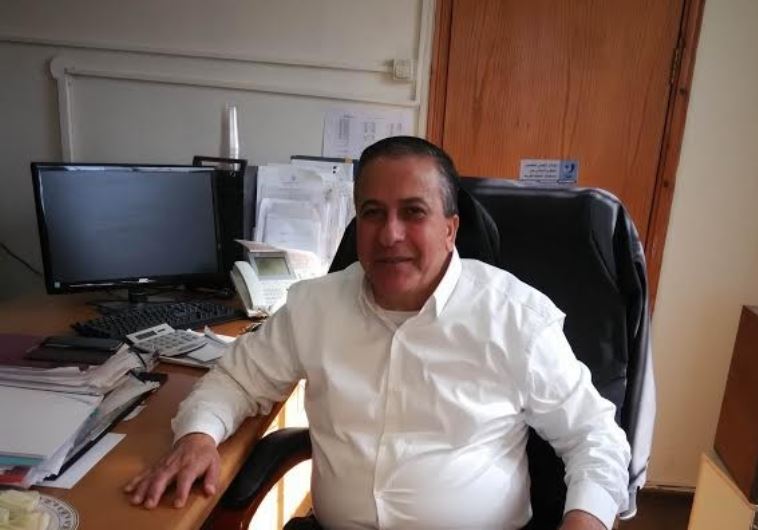Kfar Kassem mayor to 'Post': City could become model for other Arab towns
Badir explains that city, with 22,000 residents, only received municipality property taxes from around 50% of them; today, that number is at 83%.
 Kafr Kassem Mayor Adel Badir(photo credit: Ariel Ben Solomon)Updated:
Kafr Kassem Mayor Adel Badir(photo credit: Ariel Ben Solomon)Updated: